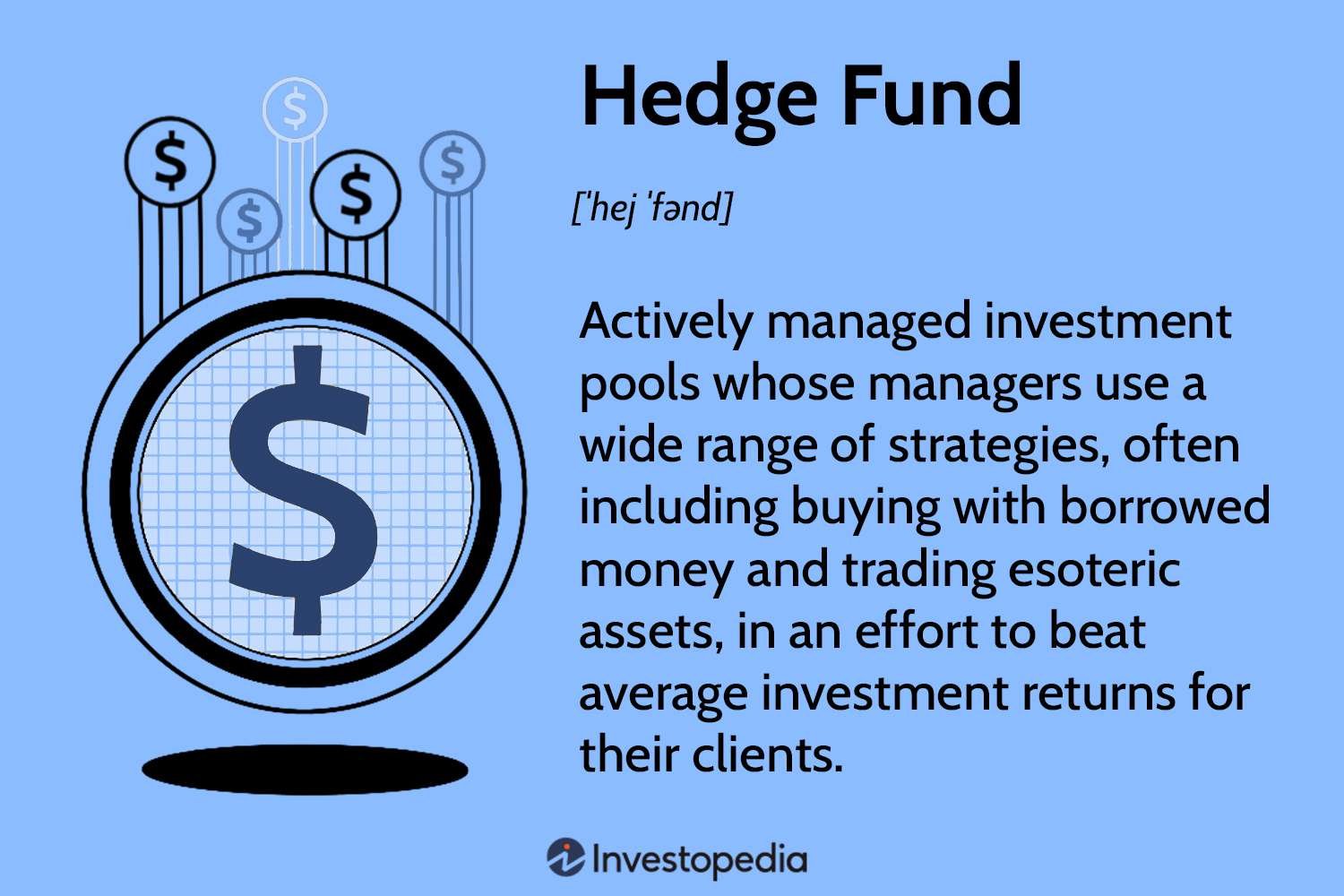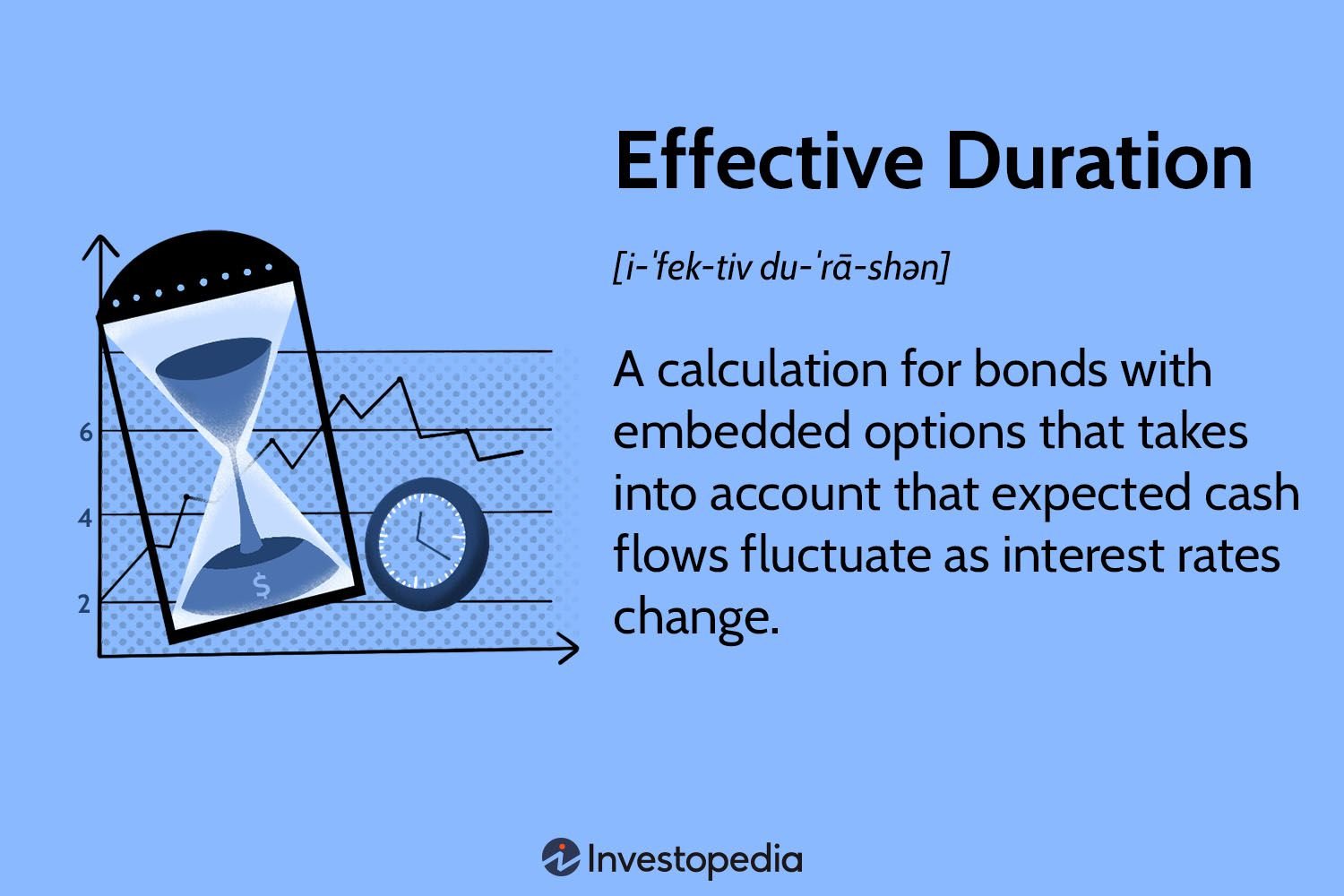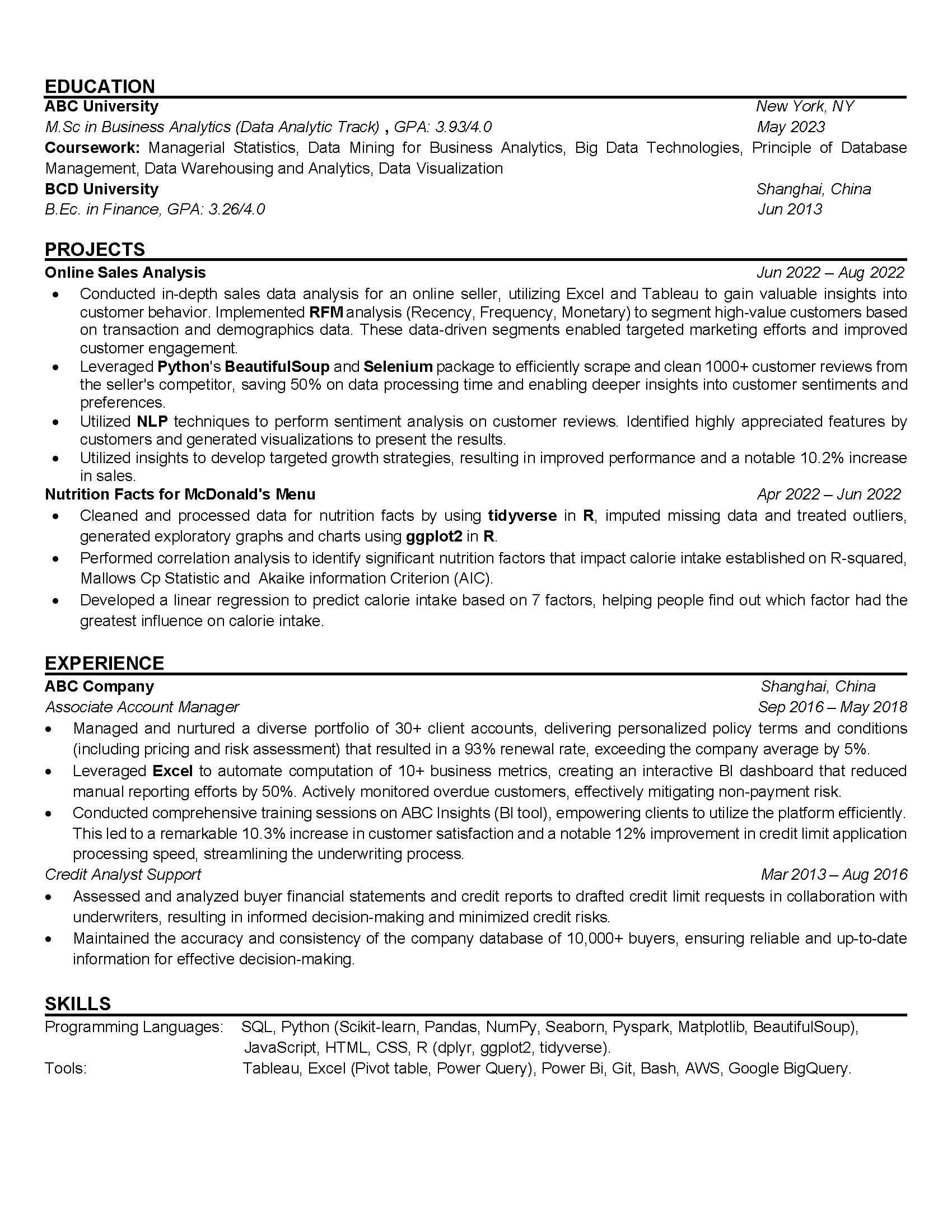Have you ever wondered what hedge funds are and who can invest in them? Look no further! In this article, we will delve into the world of hedge funds and explore the opportunities they offer for investors. Hedge funds are investment vehicles that pool together funds from various investors to pursue higher returns through various strategies. Unlike traditional investment options, hedge funds are known for their flexibility and ability to generate significant profits. So, who can invest in hedge funds? Well, that’s what we’re about to find out. Let’s dive in and unravel the mystery behind hedge funds and their accessibility to different types of investors.
What are Hedge Funds and Who Can Invest
Understanding Hedge Funds
Hedge funds are alternative investment vehicles that cater to sophisticated investors. These funds are managed by professional portfolio managers who employ various investment strategies with the primary aim of generating high returns. Unlike traditional investment funds, hedge funds have more flexibility in terms of the assets they can invest in and the strategies they can employ.
Hedge funds are typically structured as private partnerships, allowing them to operate with fewer regulatory constraints compared to mutual funds or other investment vehicles. This flexibility enables hedge fund managers to explore a wider range of investment opportunities, including complex financial instruments and derivatives.
Investment Strategies
Hedge funds employ a diverse array of investment strategies to generate returns. Some common strategies include:
1. Long/Short Equity: Hedge funds take both long and short positions on stocks, aiming to profit from both rising and falling prices in the market.
2. Global Macro: These funds invest based on macroeconomic trends and events, utilizing strategies such as currency trading, interest rate speculation, and commodity market investments.
3. Event-Driven: Event-driven funds focus on profit opportunities arising from specific corporate events, such as mergers, acquisitions, or bankruptcies.
4. Distressed Debt: Hedge funds specializing in distressed debt invest in companies or financial instruments that are experiencing financial distress or are undervalued.
5. Arbitrage: Arbitrage funds aim to profit from price discrepancies in different markets or asset classes, exploiting differences in prices, interest rates, or currencies.
Who Can Invest in Hedge Funds
Historically, hedge funds were only accessible to high-net-worth individuals and institutional investors due to regulatory restrictions. However, recent changes in regulations have opened up hedge fund investments to a broader range of investors. The specific requirements to invest in hedge funds may vary by jurisdiction, but some common categories of investors include:
1. Accredited Investors: These are individuals or entities that meet certain financial criteria, such as a minimum income or net worth. Accredited investors are often required to have a high level of financial sophistication and experience.
2. Qualified Purchasers: This category includes individuals or entities with substantial investment assets, typically including at least $5 million in investments.
3. Institutional Investors: Hedge funds are commonly accessed by pension funds, endowments, foundations, insurance companies, and other institutional investors.
4. High-Net-Worth Individuals: While hedge funds have become more accessible, many still require investors to meet minimum investment requirements, often in the range of hundreds of thousands or millions of dollars.
It’s important to note that hedge funds often have lock-up periods, which restrict investors from redeeming their investments for a specified period of time. This illiquidity may require investors to have a longer-term investment horizon compared to more traditional investments.
Risks and Rewards
Investing in hedge funds carries both potential rewards and risks. It’s crucial for investors to thoroughly evaluate the risks before considering an investment. Some points to consider include:
1. Potential High Returns: Due to the sophisticated investment strategies employed by hedge funds, they have the potential to generate higher returns compared to traditional investment options.
2. Diversification: Hedge funds often invest in a wide range of assets and strategies, providing potential diversification benefits to a portfolio.
3. Risks and Volatility: Hedge funds may be subject to higher levels of risk and volatility compared to other investment vehicles. The use of leverage, complex strategies, and exposure to alternative assets can amplify market fluctuations.
4. Lack of Regulation: Hedge funds operate with fewer regulatory constraints compared to mutual funds. While this allows for greater flexibility, it also means that investors may have less protection in certain situations.
It’s important for investors to carefully assess their risk tolerance, investment goals, and seek professional advice before considering hedge fund investments.
Hedge funds are alternative investment vehicles that cater to sophisticated investors. They employ various investment strategies to generate high returns and offer greater flexibility compared to traditional investment options. While hedge funds have become more accessible, they still require investors to meet certain financial criteria. Investing in hedge funds can provide potential rewards, but it’s crucial to carefully evaluate the risks involved. As with any investment, thorough research, a long-term perspective, and professional guidance are essential.
What is a hedge fund
Frequently Asked Questions
Frequently Asked Questions (FAQs)
What are hedge funds?
Hedge funds are investment funds that pool capital from various investors and use different strategies to generate high returns. These funds typically cater to wealthy individuals and institutional investors, aiming to achieve above-average gains while managing risk.
Who can invest in hedge funds?
Hedge funds are typically open only to accredited investors, including high net worth individuals, pension funds, endowments, and other institutional investors. The requirements for investment in hedge funds may vary depending on the country and the regulations in place.
How do hedge funds differ from traditional investment funds?
Hedge funds differ from traditional investment funds in several ways. Unlike traditional funds, hedge funds often employ strategies such as leveraging, short-selling, and derivatives to maximize returns. Additionally, hedge funds are often subject to fewer regulations and can engage in a wider range of investment activities.
What are the risks associated with investing in hedge funds?
Investing in hedge funds involves various risks. These can include market risk, liquidity risk, leverage risk, and even operational risks. It is important for investors to carefully evaluate these risks and consider their own investment goals and risk tolerance before investing in hedge funds.
Can individuals with limited capital invest in hedge funds?
Generally, hedge funds require substantial minimum investments, making it challenging for individuals with limited capital to invest directly. However, some individuals may gain exposure to hedge funds indirectly through fund of funds, which are funds that invest in multiple hedge funds on behalf of their clients.
What is the typical fee structure for hedge funds?
Hedge funds often have a two-tier fee structure. The first part is a management fee, typically a percentage of the assets under management (AUM). The second part is a performance fee, which is calculated as a percentage of the profits generated by the fund. This incentivizes hedge fund managers to produce strong returns.
How can one evaluate the performance of a hedge fund?
Performance evaluation of hedge funds can be done by considering various factors such as historical returns, risk-adjusted performance measures, consistency, and the fund’s investment strategy. It is advisable for investors to carefully analyze these aspects and compare them with industry benchmarks before making investment decisions.
What is the lock-up period in hedge funds?
The lock-up period refers to a specific duration during which investors are not allowed to withdraw their capital from a hedge fund. This period is determined by the fund manager and can vary from several months to a couple of years. The lock-up period provides stability to the fund by preventing significant capital outflows during volatile market conditions.
Final Thoughts
Hedge funds are investment vehicles that pool funds from accredited or institutional investors to pursue aggressive investment strategies with the aim of generating high returns. These funds employ various techniques, such as leveraging, short-selling, and derivatives, to hedge risks and potentially profit from market fluctuations. While hedge funds historically catered exclusively to wealthy individuals and institutions, recent regulatory changes have opened up opportunities for a broader range of investors. Today, qualified investors with sufficient capital can invest in hedge funds, but it is essential to carefully consider the associated risks and conduct thorough due diligence. Hedge funds offer potential for higher returns but come with higher fees and risks, making them suitable for experienced and risk-tolerant investors. So, if you’re looking to explore the world of hedge funds and identify if they are suitable for your investment goals, consider your risk appetite, financial objectives, and seek professional advice. What are hedge funds and who can invest – it all depends on your risk tolerance and financial capabilities.



